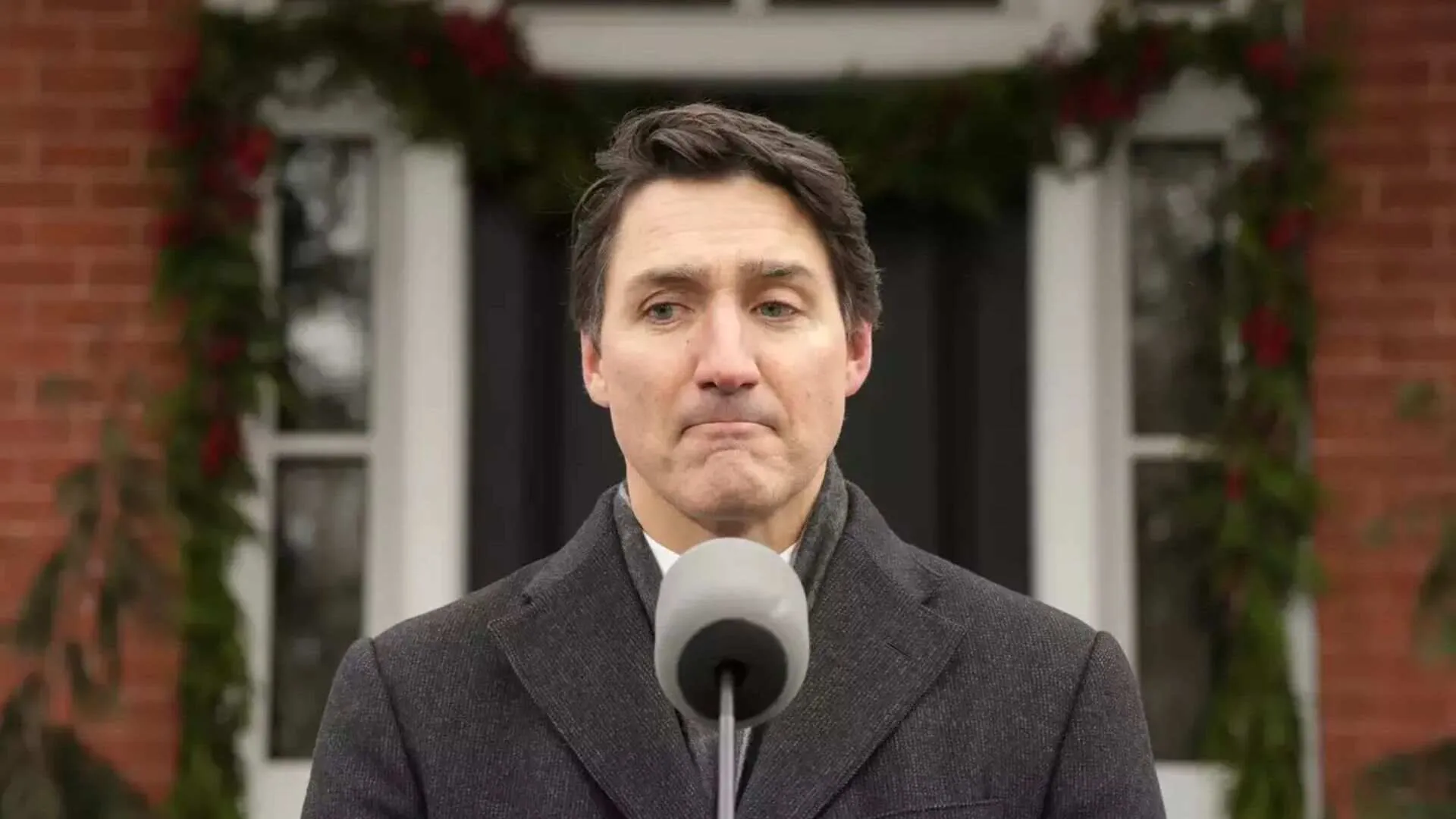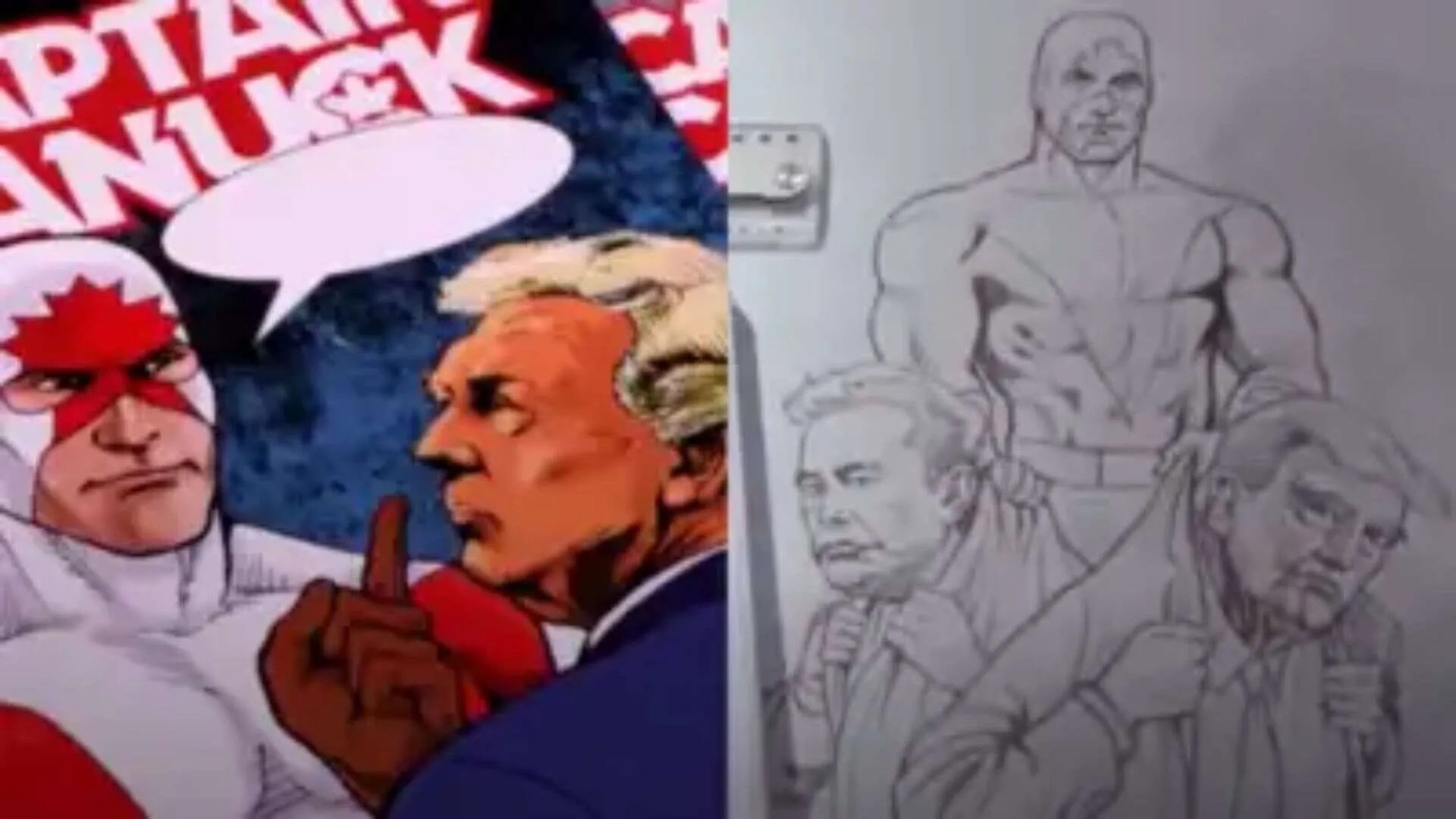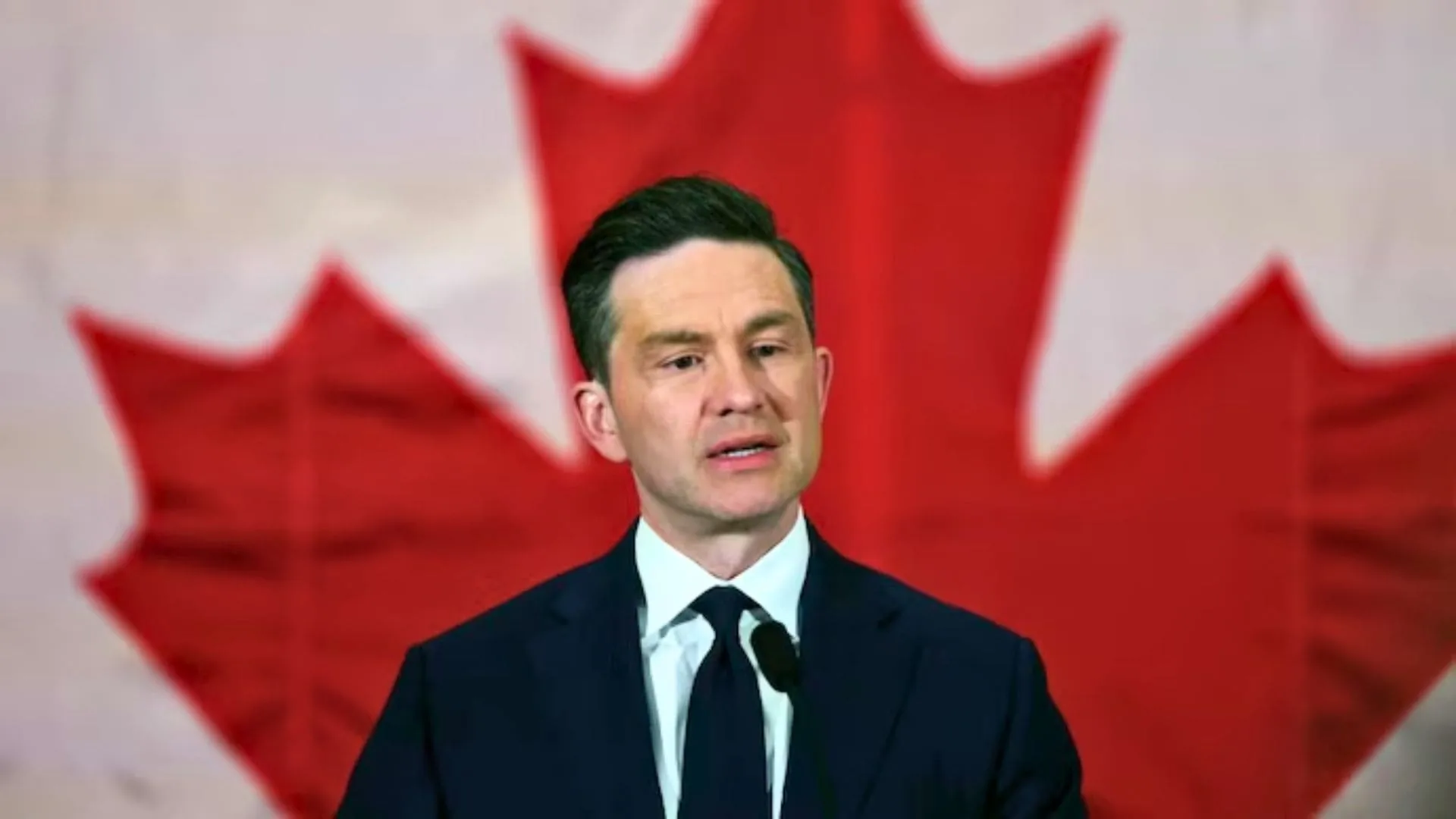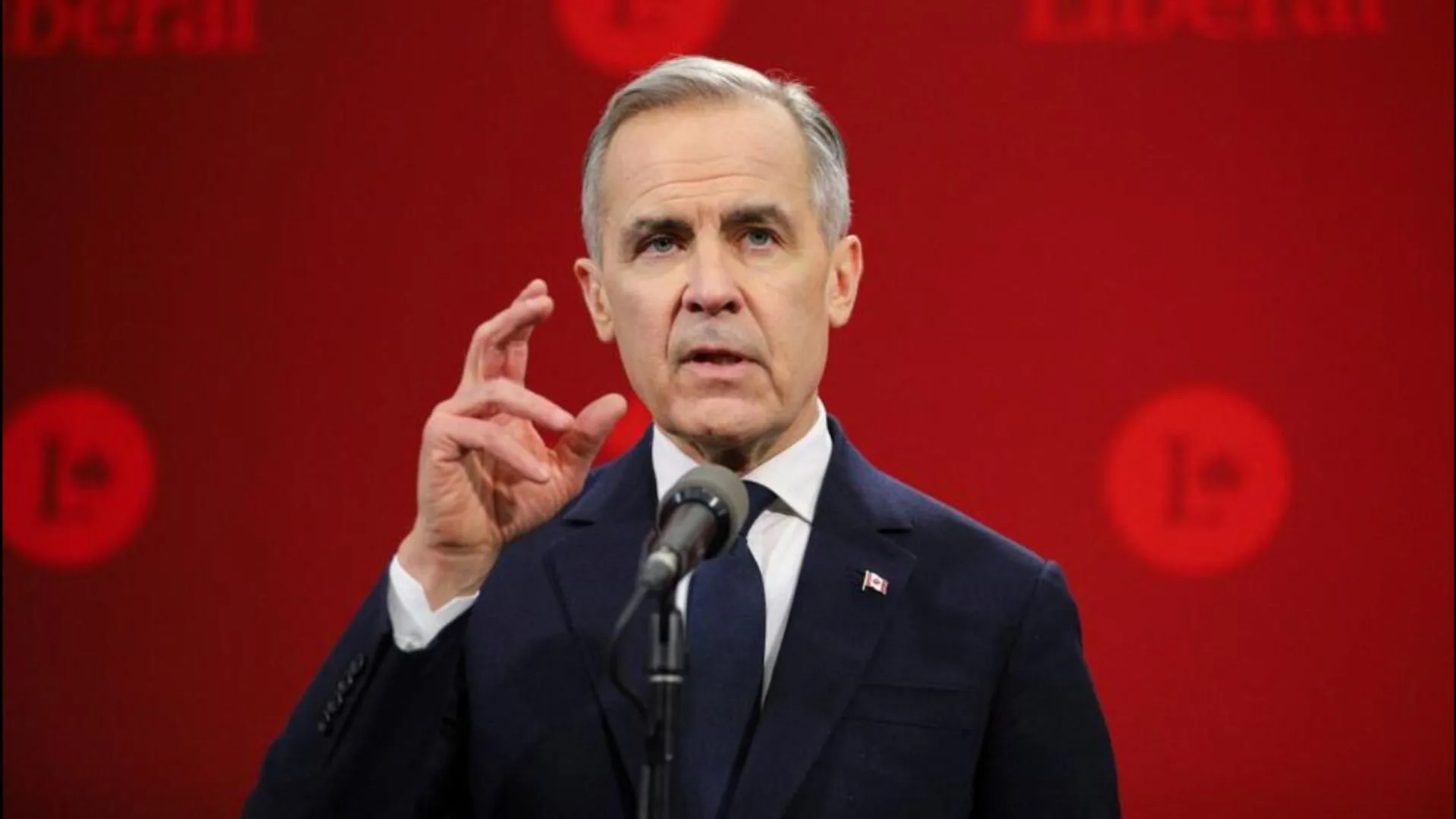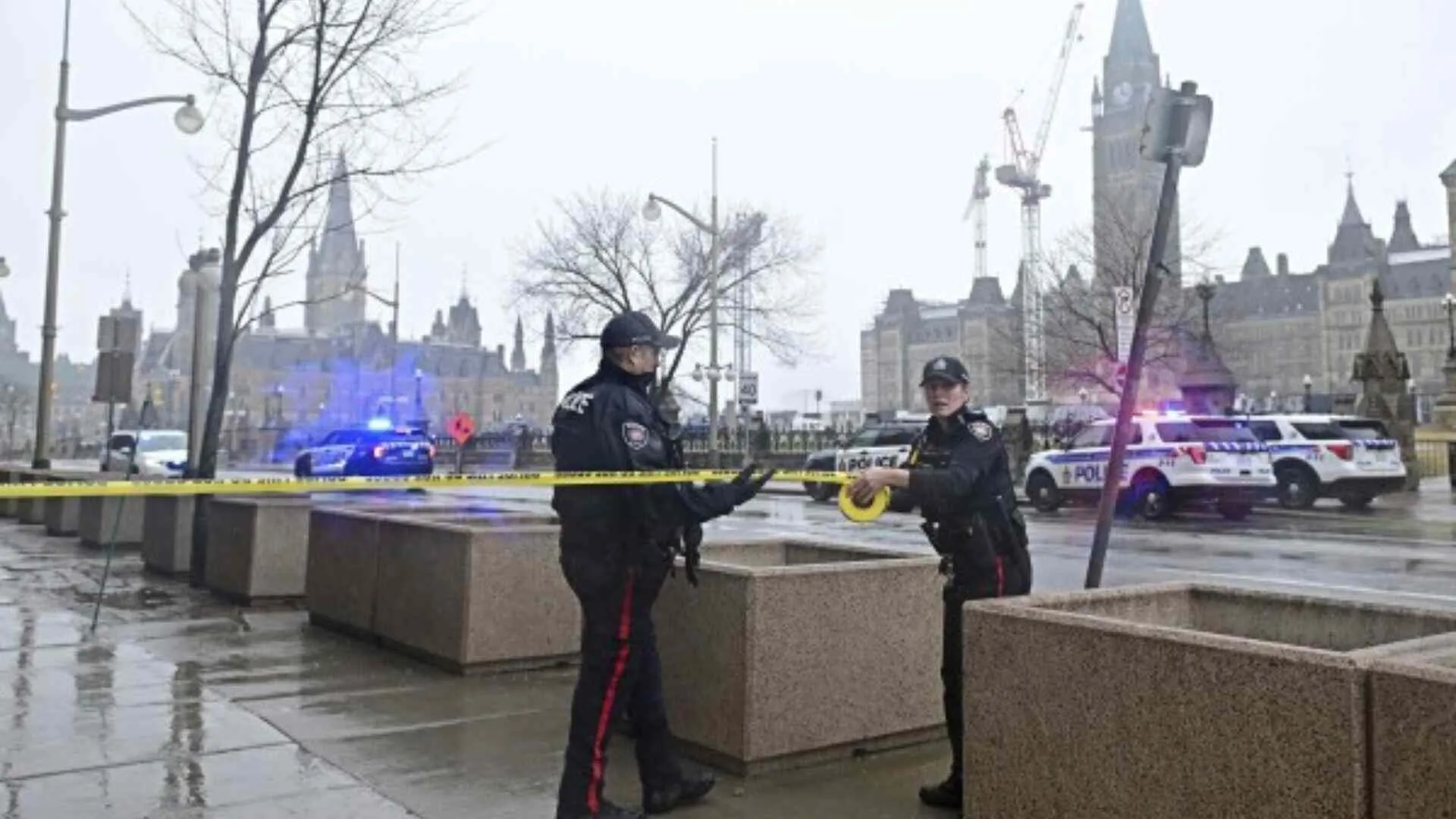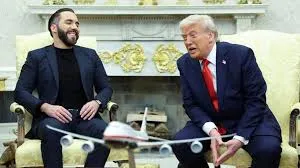Canada may have its next prime minister in the first week of March, which will give enough time for preparations ahead of the Parliament’s final week of the month.
The Liberal Party is expected to announce its schedule for leadership race within days. Party president Sachit Mehra, an Indo-Canadian, attended a national caucus meeting in Ottawa on Wednesday to discuss the matter.
Leadership Race and Eligibility Debate
Parliamentary Secretary and MP Rob Oliphant expressed hope that the new leader would be elected by March 2, a Sunday, to allow sufficient time to address the challenges awaiting in the House of Commons. Meanwhile, calls are growing within the party to revise the eligibility rules for voting in the leadership contest.
Currently, any resident of Canada older than 14 can vote as long as he or she signs up as a party member. However, foreign interference concerns have led MPs and the media to push for restricting voting rights to citizens and permanent residents. According to MP Taleeb Noormohamed of British Columbia, this was the consensus among the province’s caucus.
Candidates and Potential Contenders
While candidates should publicly announce their decision once the party decides to finalise its candidate, there is one big personality that has withdrawn already. The finance minister of the country Dominic LeBlanc who also doubles as the Minister for Intergovernmental Affairs stated, “I will be entirely focused on the real economic threat that American tariffs pose to the Canadian economy and to workers across this country. It’s a full-time job, lucky to have it.
LeBlanc took over as Finance Minister following the sudden resignation of Chrystia Freeland on December 16, which has left the country in a leadership crisis that is ongoing. She is likely to become a front-runner if she declares her candidacy. Foreign Minister Mélanie Joly said this would be a factor in deciding whether to seek the position when asked about the new US President-elect Donald Trump administration.
Trudeau Steps Down
On Monday, Trudeau announced that he would resign as Prime Minister and Liberal Party leader and prorogued Parliament until March 24. However, this decision has sparked legal challenges from civil liberties groups.
Democracy Watch plans to challenge the prorogation in court, arguing it was “clearly in the Liberal Party’s self-interest” and timed to avoid an impending non-confidence vote from opposition parties. The Justice Centre for Constitutional Freedoms is supporting two individuals seeking a Federal Court ruling to overturn the prorogation, calling it “unreasonable.”
Challenges for Trudeau’s Successor
The new Liberal leader will face immediate challenges, including the drafting of the government’s agenda, known as the Throne Speech, which needs to be approved in the House of Commons. A failure to garner support could spell the end for the government. With opposition parties, including the Conservatives, unlikely to support the Throne Speech, the next leader may have a short tenure.

